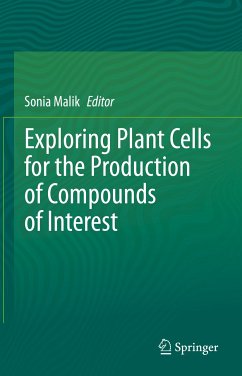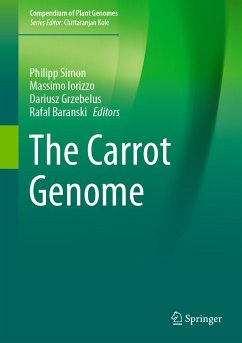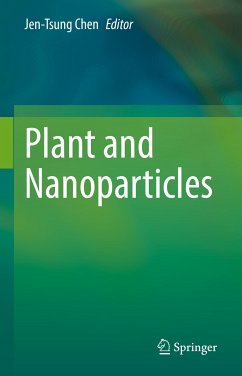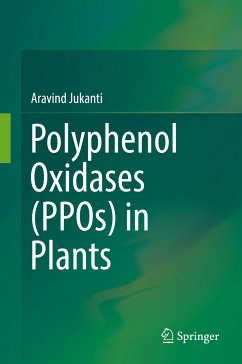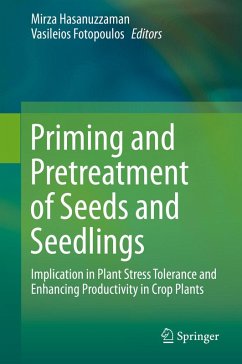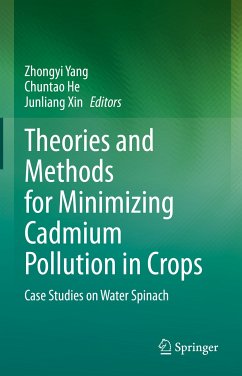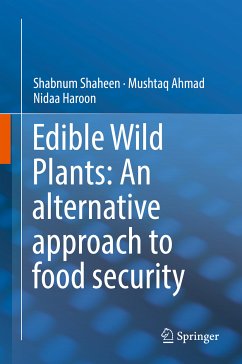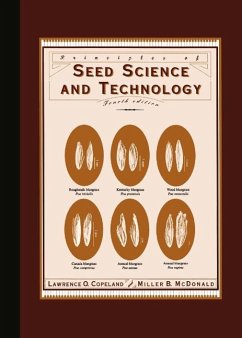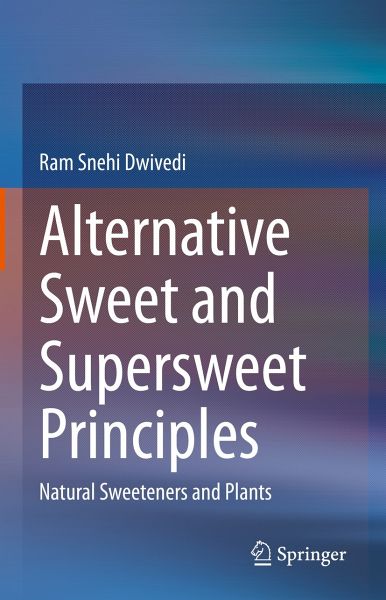
Alternative Sweet and Supersweet Principles (eBook, PDF)
Natural Sweeteners and Plants
Versandkostenfrei!
Sofort per Download lieferbar
80,95 €
inkl. MwSt.
Weitere Ausgaben:

PAYBACK Punkte
40 °P sammeln!
This book compiles the latest information on different kinds of natural, plant-based super sweeteners. A book on alternative, natural super sweeteners is extremely timely and useful, especially, in light of the decreasing cultivable area, ever increasing demand for sucrose, and the well identified ills of sugar consumption. Every year more than 5.0 million people die due to diabetes and diabetes-associated diseases like cardiovascular, kidney disorder, liver cancer etc. This book describes the use of non-saccharide super sweet principles to counter such maladies. The readers will get an in-dep...
This book compiles the latest information on different kinds of natural, plant-based super sweeteners. A book on alternative, natural super sweeteners is extremely timely and useful, especially, in light of the decreasing cultivable area, ever increasing demand for sucrose, and the well identified ills of sugar consumption. Every year more than 5.0 million people die due to diabetes and diabetes-associated diseases like cardiovascular, kidney disorder, liver cancer etc. This book describes the use of non-saccharide super sweet principles to counter such maladies. The readers will get an in-depth understanding of different kinds of sweeteners, molecular basis of sweetness, their general classification, plant source with photo-plates etc. The chapters explain different kinds of super-sweet principles. This book emphasizes on the propagation, cultivation and conservation of NSSS plants (NSSSP) and extraction of super sweet principles and granting of generally recognised as safe (GRAS) certificate to sweeteners. The concluding chapter describes the eco-physiological difference between saccharide super sweet and non saccharide sweet plants. The book also describes commercial production of selected potential Natural Super Sweeteners. This book will be of great interest to researchers, extension workers as well as postgraduate students in Food science nutrition, ayurveda, plant physiology, Unani, naturopathy, biochemistry and plant breeding. It would also be of interest to industry stakeholders in sweetener industry and alternative sweetener manufactures.
Dieser Download kann aus rechtlichen Gründen nur mit Rechnungsadresse in A, B, BG, CY, CZ, D, DK, EW, E, FIN, F, GR, HR, H, IRL, I, LT, L, LR, M, NL, PL, P, R, S, SLO, SK ausgeliefert werden.



